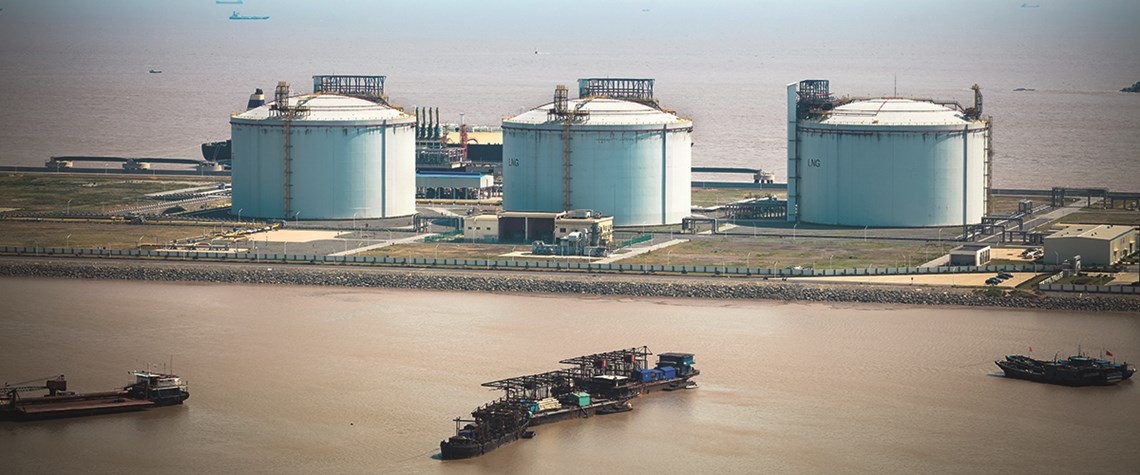China to dominate global energy demand
As the superpower spat continues, can the US close the trade deficit by targeting China's booming energy needs?
For oil and gas investors, there is plenty to ponder as we enter 2019, which looks a much tougher year for the industry. Opec policy and Iran are some of the obvious, but the biggest strategic question is the outcome from US-China trade negotiations. Combined, both countries account for 40pc of global energy consumption and GDP. An ugly trade spat could sharply slow global growth with negative repercussions for oil demand and oil prices. On the other hand, a rapprochement between both superpowers could unlock a new phase of energy co-operation. While the latter seems less likely, the outcome of US-China trade negotiations will have a significant impact on global energy demand and energy trad

Also in this section
18 February 2026
With Texas LNG approaching financial close, Alaska LNG advancing towards a phased buildout and Magnolia LNG positioned for future optionality, Glenfarne CEO Brendan Duval says the coming year will demonstrate how the company’s more focused, owner-operator approach is reshaping LNG infrastructure development in the North America
18 February 2026
The global gas industry is no longer on the backfoot, hesitantly justifying the value of its product, but has greater confidence in gas remaining a core part of the global energy mix for decades
18 February 2026
With marketable supply unlikely to grow significantly and limited scope for pipeline imports, Brazil is expected to continue relying on LNG to cover supply shortfalls, Ieda Gomes, senior adviser of Brazilian thinktank FGV Energia,
tells Petroleum Economist
17 February 2026
The 25th WPC Energy Congress, taking place in Riyadh, Saudi Arabia from 26–30 April 2026, will bring together leaders from the political, industrial, financial and technology sectors under the unifying theme “Pathways to an Energy Future for All”







